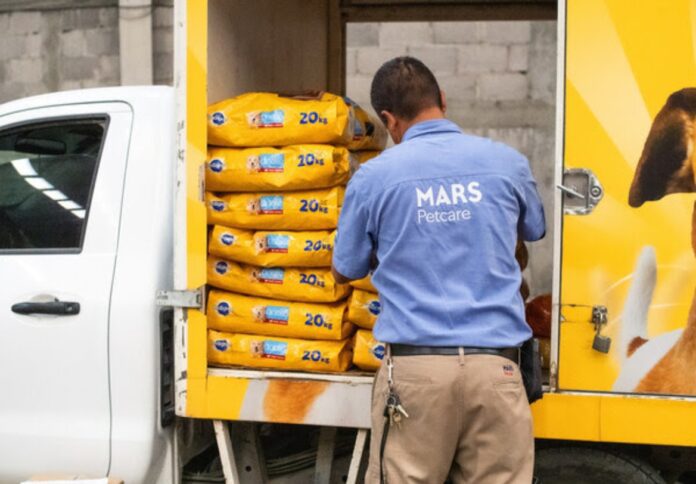
Mars, Incorporated, a pioneer in the food and pet care industry, has released its comprehensive Net Zero Roadmap, outlining its commitment to achieving net zero greenhouse gas (GHG) emissions across its entire value chain by 2050.
In partnership with the Science Based Targets Initiative, Mars has set an interim goal of reducing emissions by 50 per cent by 2030, based on 2015 levels.
The company, which reached its emissions peak in 2018, has already achieved an eight per cent reduction in absolute GHG emissions, equivalent to 2.6 million metric tons, since 2015 while simultaneously growing its business by 60 per cent.
To support these sustainability goals, Mars will invest over $1 billion over the next three years and allocate additional financial resources as necessary until net zero emissions are achieved.
This commitment spans all aspects of Mars’ operations, from farming to veterinary clinics, the company said.
Mars’ net zero approach is centred on significantly reducing GHG emissions while balancing any remaining emissions with removal efforts.
This initiative comes in response to recent urgent climate warnings from the UN-backed Intergovernmental Panel on Climate Change (IPCC).
A global Ipsos survey commissioned by Mars found that despite current economic challenges, an average of 69 per cent of adults across seven major economies believe businesses should prioritize addressing climate change as much as, if not more than, economic challenges.
Nearly half of respondents in these economies place a great deal of responsibility on multinational businesses and governments to address climate change.
Mars CEO Poul Weihrauch emphasised the importance of immediate action, stating, “2050 can seem to be in the distant future, but the progress we make in the next seven years is critical. My generation of CEOs has the ability and responsibility to deliver actual emission reductions and put business on a clear path to Net Zero by 2050.”
Weihrauch continued, “Companies must be judged – Mars included – on the actual results we deliver against our climate plans, not just the scale of the commitment we make – just as we are judged by our boards and investors on the delivery of financial results, not the quality of our financial forecasts.”
The Mars Net Zero Roadmap focuses on five key principles, including the necessity of addressing all emissions, prioritizing performance over promises, and embracing affordability.
By 2030, Mars aims to reduce its emissions by 50 per cent in absolute terms, equivalent to approximately 15 million metric tons, building upon the eight per cent GHG reduction achieved to date.
Mars intends for its Net Zero Roadmap to serve as an open-source strategy for companies across various sectors to immediately implement net zero actions.
The strategy also emphasises transitioning to renewable energy, halting deforestation in supply chains, promoting climate-smart agriculture, optimizing ingredient recipes, enhancing logistics, and integrating climate action into business practices.
For detailed insights into Mars’ Net Zero strategy and roadmap, visit mars.com/netzero2050.




















